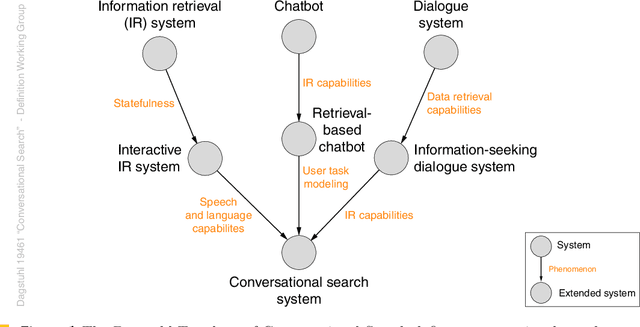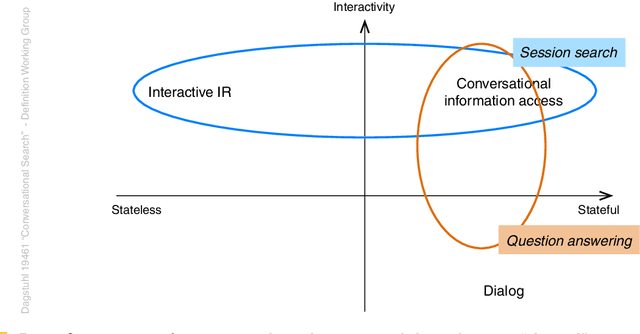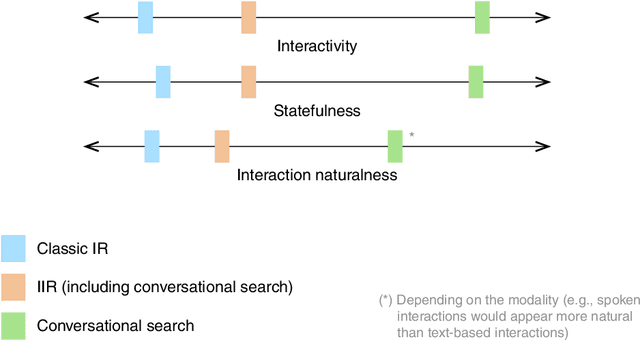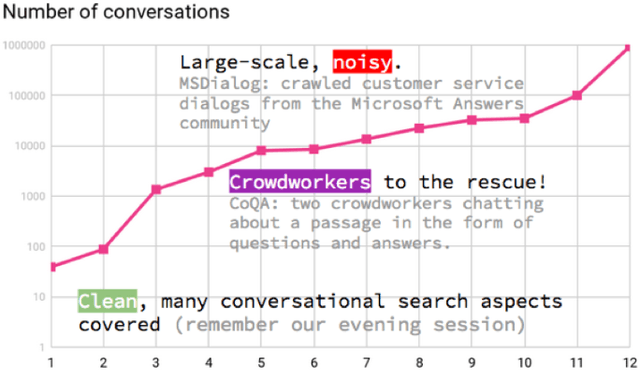Hideo Joho
Research Paper Recommender System by Considering Users' Information Seeking Behaviors
Apr 03, 2025



Abstract:With the rapid growth of scientific publications, researchers need to spend more time and effort searching for papers that align with their research interests. To address this challenge, paper recommendation systems have been developed to help researchers in effectively identifying relevant paper. One of the leading approaches to paper recommendation is content-based filtering method. Traditional content-based filtering methods recommend relevant papers to users based on the overall similarity of papers. However, these approaches do not take into account the information seeking behaviors that users commonly employ when searching for literature. Such behaviors include not only evaluating the overall similarity among papers, but also focusing on specific sections, such as the method section, to ensure that the approach aligns with the user's interests. In this paper, we propose a content-based filtering recommendation method that takes this information seeking behavior into account. Specifically, in addition to considering the overall content of a paper, our approach also takes into account three specific sections (background, method, and results) and assigns weights to them to better reflect user preferences. We conduct offline evaluations on the publicly available DBLP dataset, and the results demonstrate that the proposed method outperforms six baseline methods in terms of precision, recall, F1-score, MRR, and MAP.
Conversational Search -- A Report from Dagstuhl Seminar 19461
May 18, 2020



Abstract:Dagstuhl Seminar 19461 "Conversational Search" was held on 10-15 November 2019. 44~researchers in Information Retrieval and Web Search, Natural Language Processing, Human Computer Interaction, and Dialogue Systems were invited to share the latest development in the area of Conversational Search and discuss its research agenda and future directions. A 5-day program of the seminar consisted of six introductory and background sessions, three visionary talk sessions, one industry talk session, and seven working groups and reporting sessions. The seminar also had three social events during the program. This report provides the executive summary, overview of invited talks, and findings from the seven working groups which cover the definition, evaluation, modelling, explanation, scenarios, applications, and prototype of Conversational Search. The ideas and findings presented in this report should serve as one of the main sources for diverse research programs on Conversational Search.
 Add to Chrome
Add to Chrome Add to Firefox
Add to Firefox Add to Edge
Add to Edge